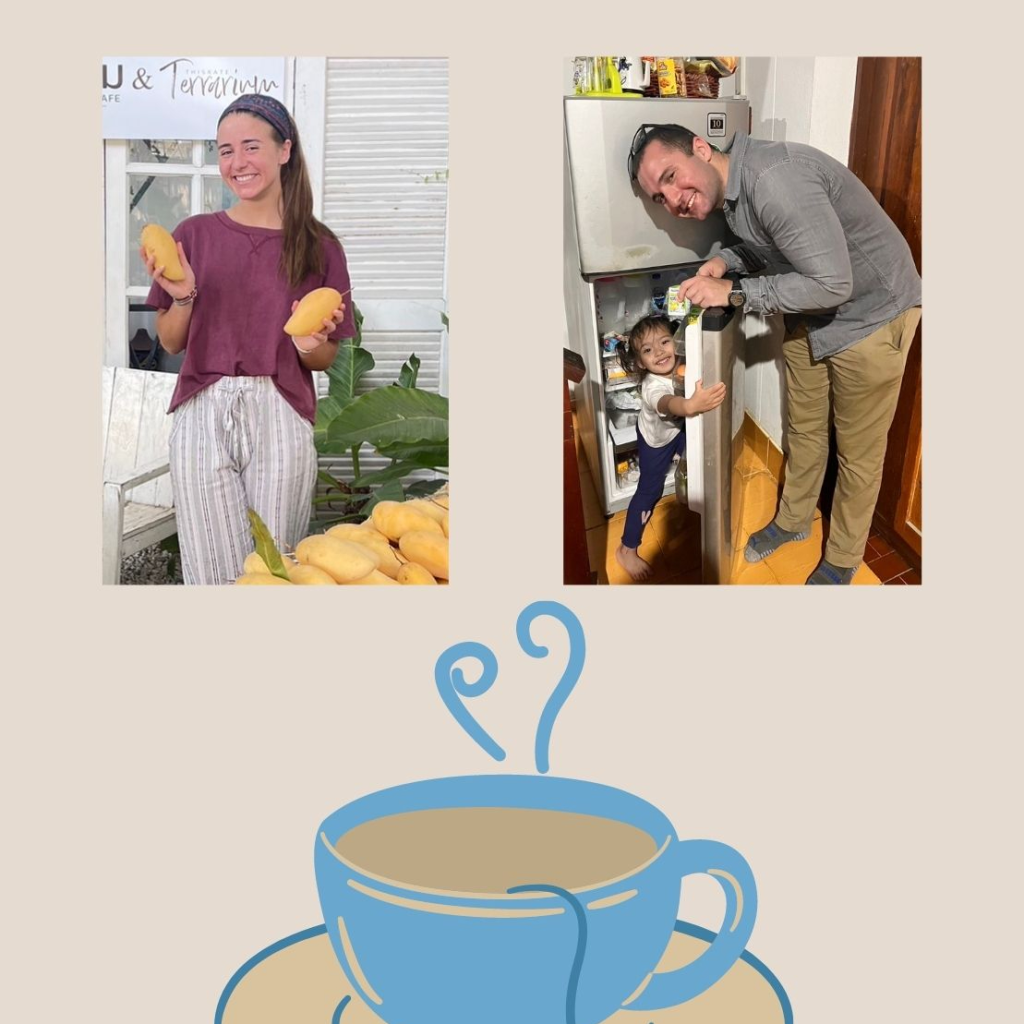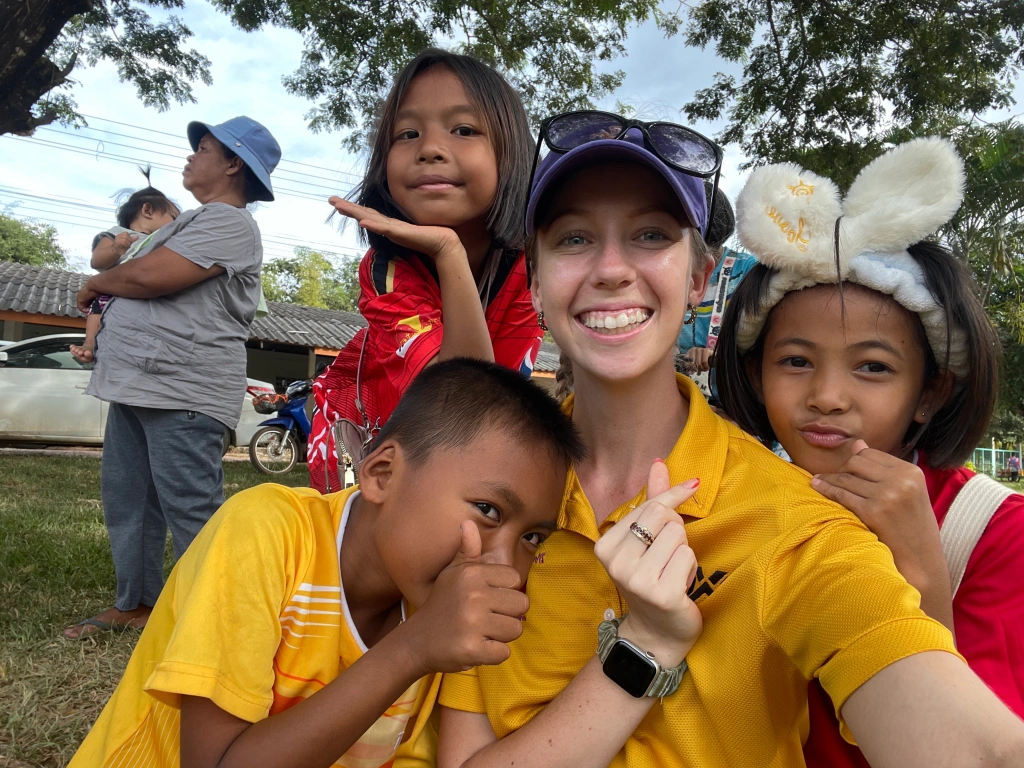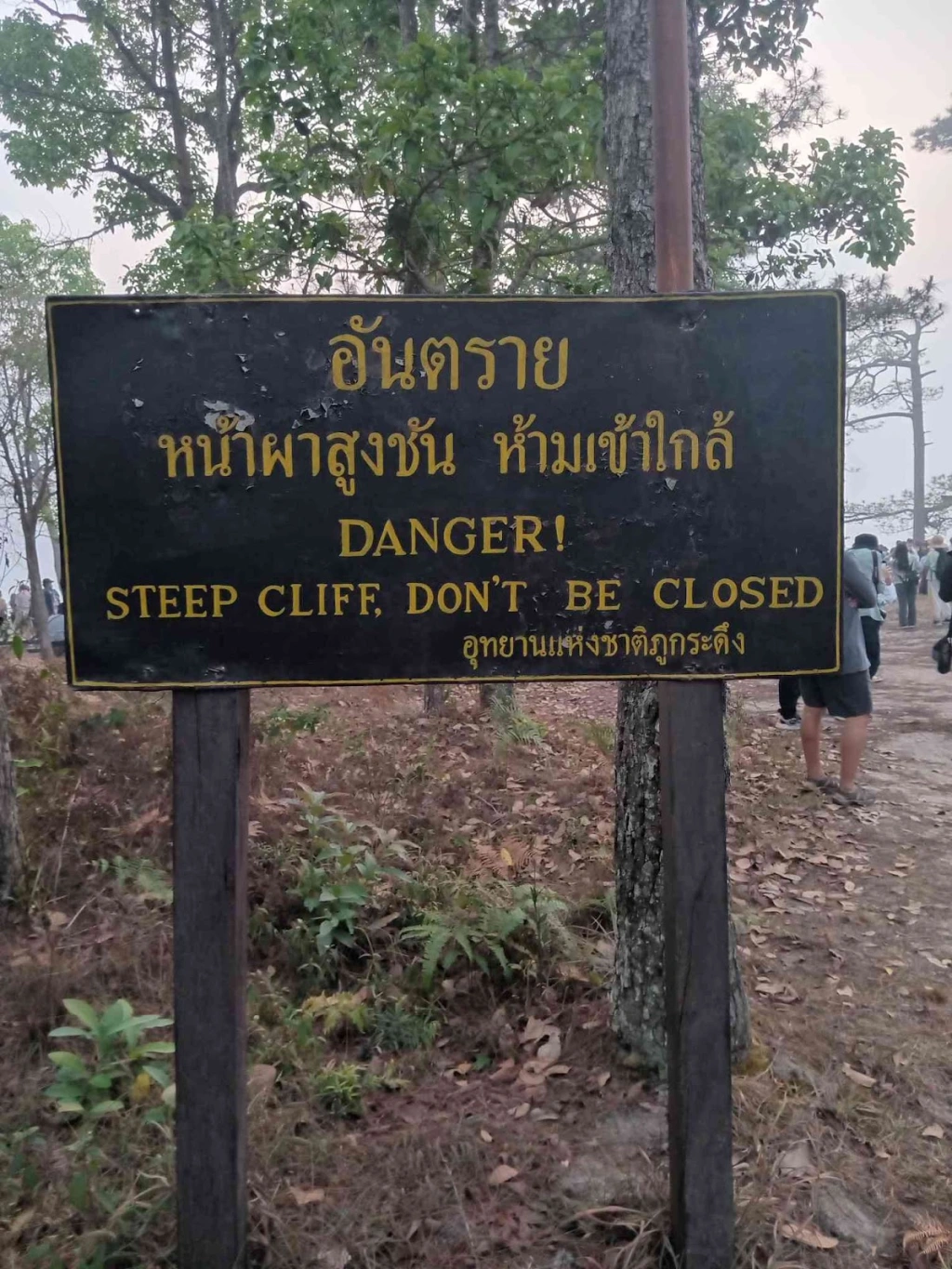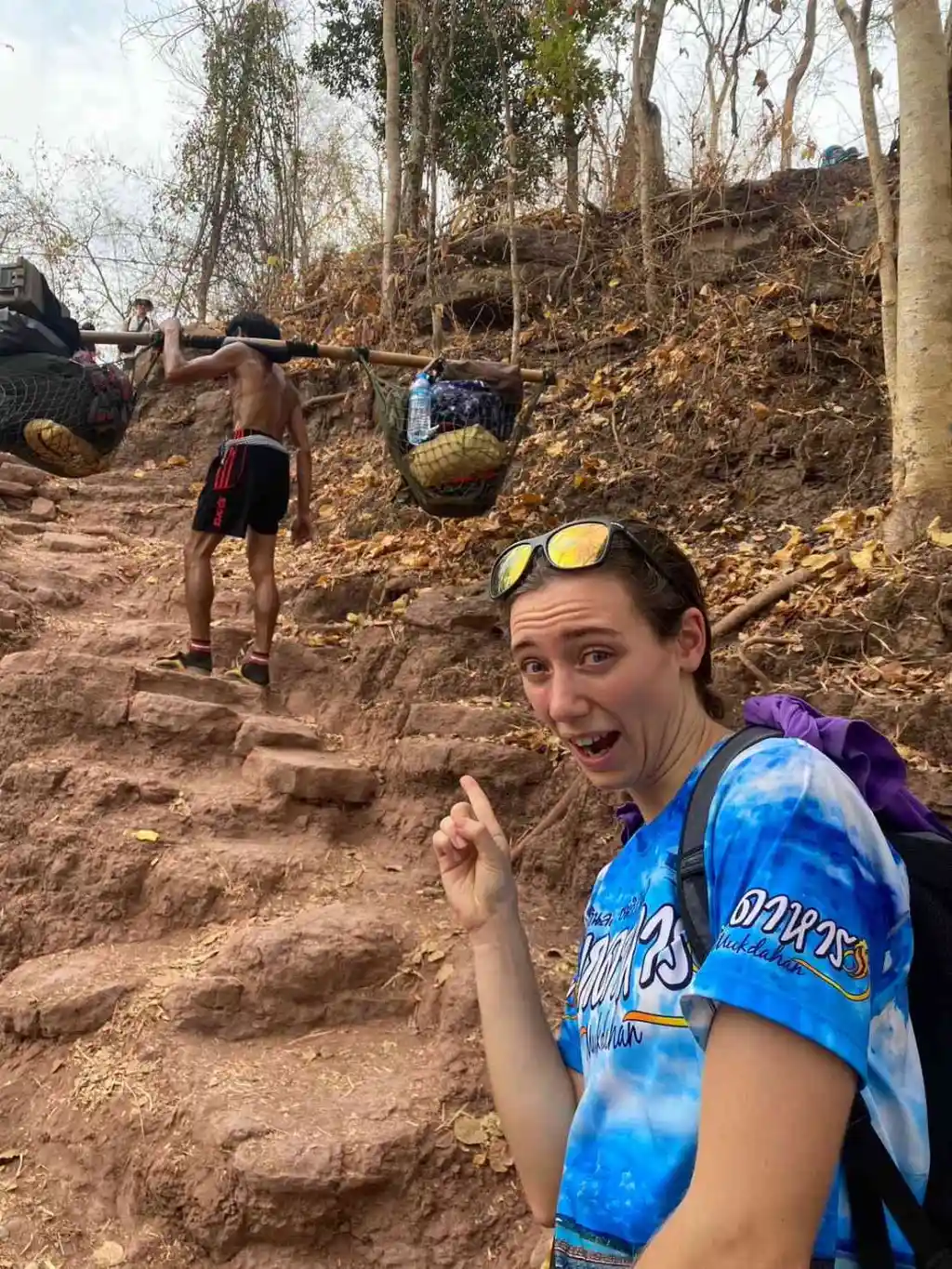As Rihanna would say, I “found love in a hopeless place.” On a more serious note, as most of you are aware, I do not consider The Gambia to be a hopeless place. However, I did initially consider it to be unpromising in terms of gender equitable relationships. Based on my relationship, I could not have been more wrong.
I first met Yankuba during IST when he and a coworker from the Nova Scotia Gambia Association (NSGA) trained my swear-in group (Johnny’s Goats) on dramas and peer health education. Most PCVs present were blown away by their open-mindedness and silly carefree natures. It was something that I certainly had not encountered in Kwinella during my three month challenge. However, I still had no idea if they actually practiced what they preached. (It’s fair to say I probably developed a slight crush on Yankuba at this point).
Throughout my first year and a half of service I attended several trainings and projects where Yankuba was present – GAD IST, two Camp GLOWs, and two HIV Bike Trek TOTs. I was continuously blown away by his outlook on life, culture, and gender roles that seemed so different to me than that of most Gambians I had met. Nevertheless, I had still only seen him and his social interactions within a work environment. Therefore, I was doubtful as to whether he applied the views that he verbalized to his home life.
In September of 2014, I went on a site development trek during which we spent the night in Janjanbureh. At that time, Yankuba was posted there as NSGA’s CRR Regional Coordinator. That was the first time we hung out as friends, outside of work. Let’s just say my crush turned into a reality, and we started dating soon thereafter.
I kept waiting for and expecting my doubts about his home life and practicing what he preaches to be proven correct. They never were. Some people wrongly assume that he helps with cooking and cleaning or performs other “female tasks” for me because I am a toubab (foreigner). They are completely mistaken. Go watch him at his family compound or NSGA to see for yourself. Sure, sometimes his female relatives or friends might help him with laundry, cooking, or cleaning. However, he also does those tasks himself just as much. In addition, he will help (or probably already has helped) those people in many other important ways, even with duties that are culturally deemed as a “woman’s role.” Yankuba believes that everyone (whether male or female) should help in all tasks in whatever way they can, no matter how small of a contribution it may be.
With that being said, it’s still not always easy to be married in The Gambia (or anywhere I would assume). Here, I feel a lot of cultural pressure from people outside of our relationship. Since the day of our wedding, every person I have come across has very generously prayed for us. “Alama kambandingbaa soto” (I pray you have a big baby boy) is a prayer I’ve come to expect. Even though I know it is just cultural, and I intuitively respond with the expected “amine,” I always feel a stab of pain. I think to myself – what about a baby girl? Was my birth not as important as Yankuba’s? Not as important as my twin brother’s? I can’t imagine what it would feel like to be a Gambian girl hearing everyone only pray for male babies. Even as an outsider it makes me feel unwanted.
Another question I regularly receive is, “When are you moving to Essau?”. This question refers to the cultural expectation that I will leave my life, and my work to move in with his family, and I consistently have to explain that I am not moving to Essau. In addition to this, on a daily basis, people ask me if I am cooking and cleaning for my husband. Even though it is usually said in a joking manner, it still makes me feel like they think my sole purpose as his wife is to be his maid. Furthermore, I assume they are only asking me this because I am a toubab, and maybe they will get a rise out of me and have a fun debate that will entertain them for a few minutes. I don’t hear people asking Gambian women if they are cooking and cleaning for their husband, and I imagine this is because there is typically only one answer to that question. Moreover, if somebody sees Yankuba doing a “female task” they might ask him where I am and what I am doing. Since we all know everyone is always involved in everyone’s business here, these types of invasive questions and comments are considered normal and not intended to be offensive. However, it can still be incredibly frustrating; especially since US culture considers these types of probing questions to be very personal. In short, I have never experienced pressure related to gender norms from Yankuba, but I experience it every day from most other people.
Yankuba might currently be an anomaly in The Gambia, but he still proves that it is not hopeless in terms of gender equality. He was born and raised in The Gambia, and has spent his entire life here. This is his home and his only socio-cultural context. He has left The Gambia on few occasions to Senegal – a few times to bordering villages in the North near Amdalai, and once to Casamance (all trips were only for a few days and both places have cultural norms and values very similar to those of The Gambia). Yankuba is living proof that not all Gambian men are stuck in the sexist stereotypical traditions of the country. If he exists, we can only hope that means there are more like him out there.





Share your thoughts